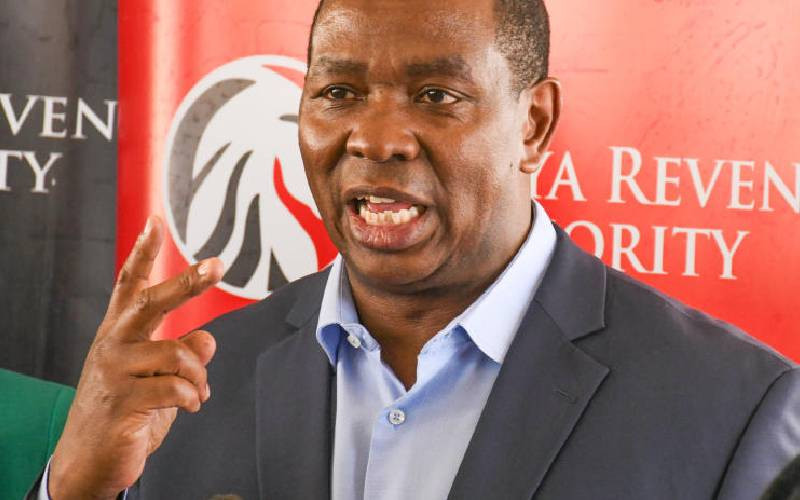
Many countries around the world face challenges, including financing their national budgets, managing growing public debt, addressing youth unemployment, and an unpredictable tax system that impacts businesses. To maintain stable economic growth, these countries, especially developing nations, rely heavily on debts borrowed through conventional means to finance most of their development programmes, ensuring the provision of essential services.
Each year, the government spends more than it collects from taxes, forcing the National Treasury to borrow from domestic and international markets to bridge the financing gap needed to implement its programmes. As a result, this has caused a rise in public debt and increased debt servicing costs, which have largely affected the overall economy by limiting the ability of the government to provide essential services due to the diversion of funds to debt repayments. This then raises the question about debt sustainability and accountability of public finance management.







